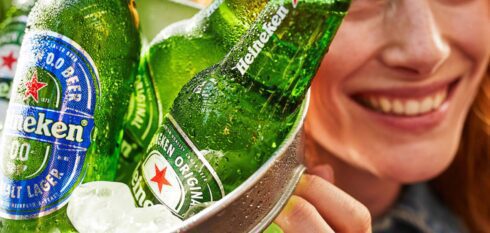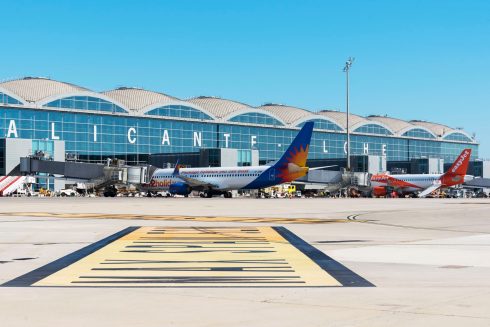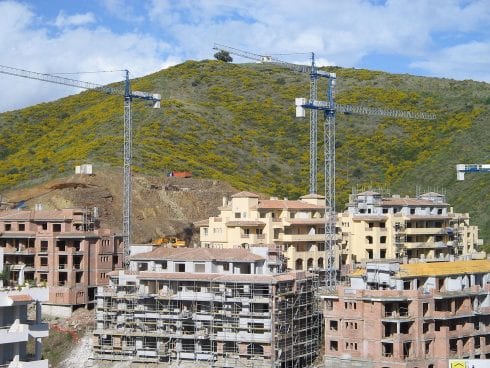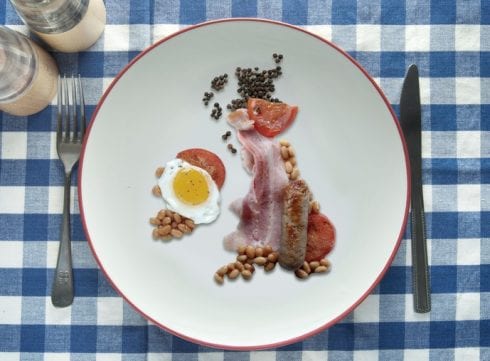Shoppers in Spanish supermarkets have had their wallets squeezed by nearly half since the Covid pandemic.
A basic shopping basket is now 47% more expensive than when the virus struck four years ago, according to a report by the consulting firm Kantar Worldpanel.
The staple goods of oil, rice, coffee, detergent, cookies, milk, pasta and yoghurt were found to cost €20.13 in 2019.
Today, that same shopping basket costs €29.70.
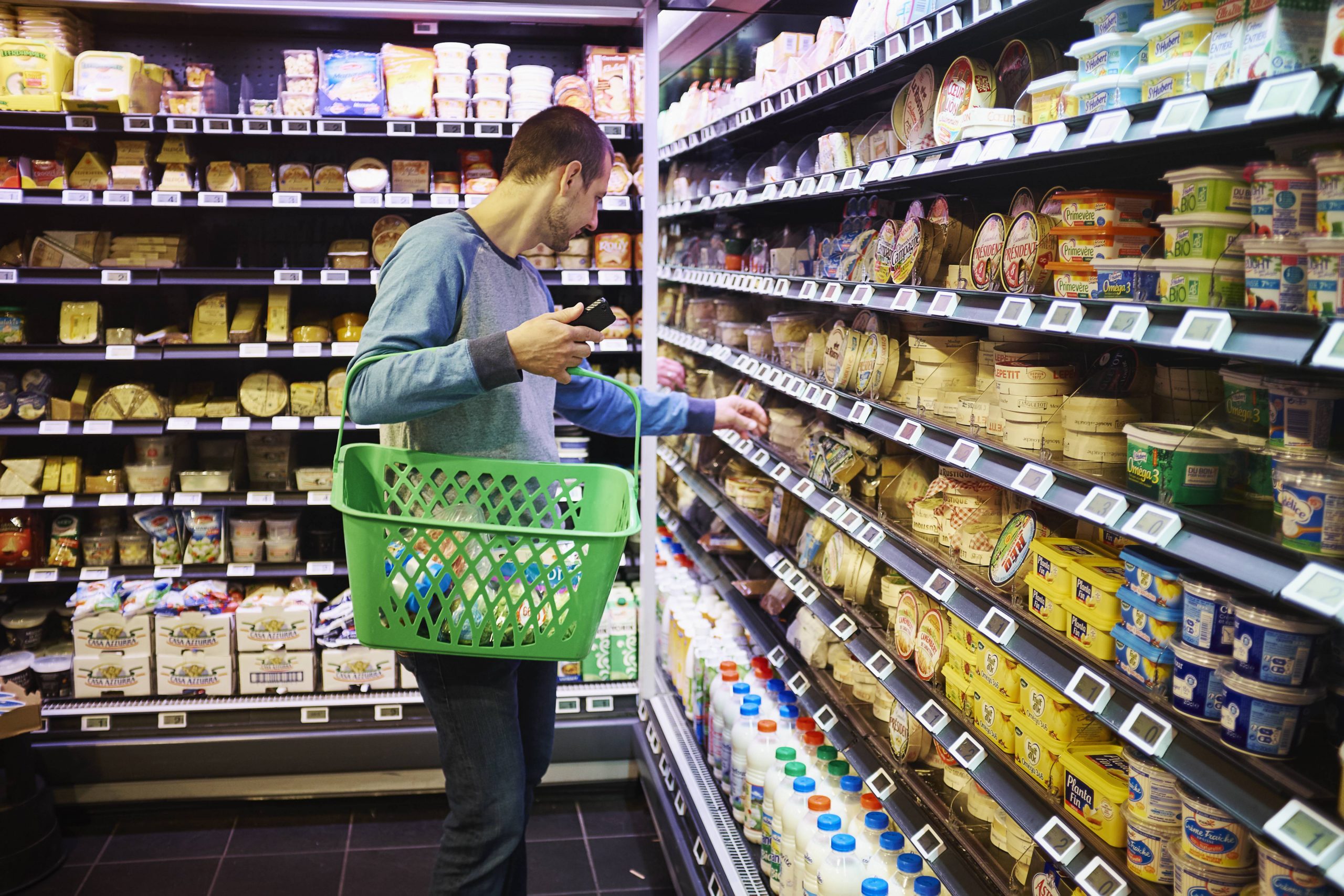
In the last year alone, inflation has hit the food (11.9%) and beverage (8.9%) sectors particularly hard, according to Kantar Worldpanel spokesperson Mayte González.
The report also saw that the number of shopping trips had dipped by 3.9%, with the supermarkets being the big winners.
Traditional stores have seen a 30.8% drop in visits, while supermarkets and hypermarkets have experienced a 12.9% increase.
The reason, according to the study’s authors, is that large stores offer a wider range of products, allowing customers to fill their shopping baskets in fewer trips.
“Spaniards are going shopping less often, but their baskets are fuller,” González said.
She pointed out the importance of fresh products to Spanish households, which account for 58% of their food expenditure.
They are ‘very important for both households and distributors’ as they are ‘one of the levers that is helping traditional stores grow the most’ due to their higher profit margins.
Loyalty is another aspect analysed in the study, which concludes that each Spaniard visits an average of seven supermarkets per year but chooses three of them to part with three quarters of their spending.



